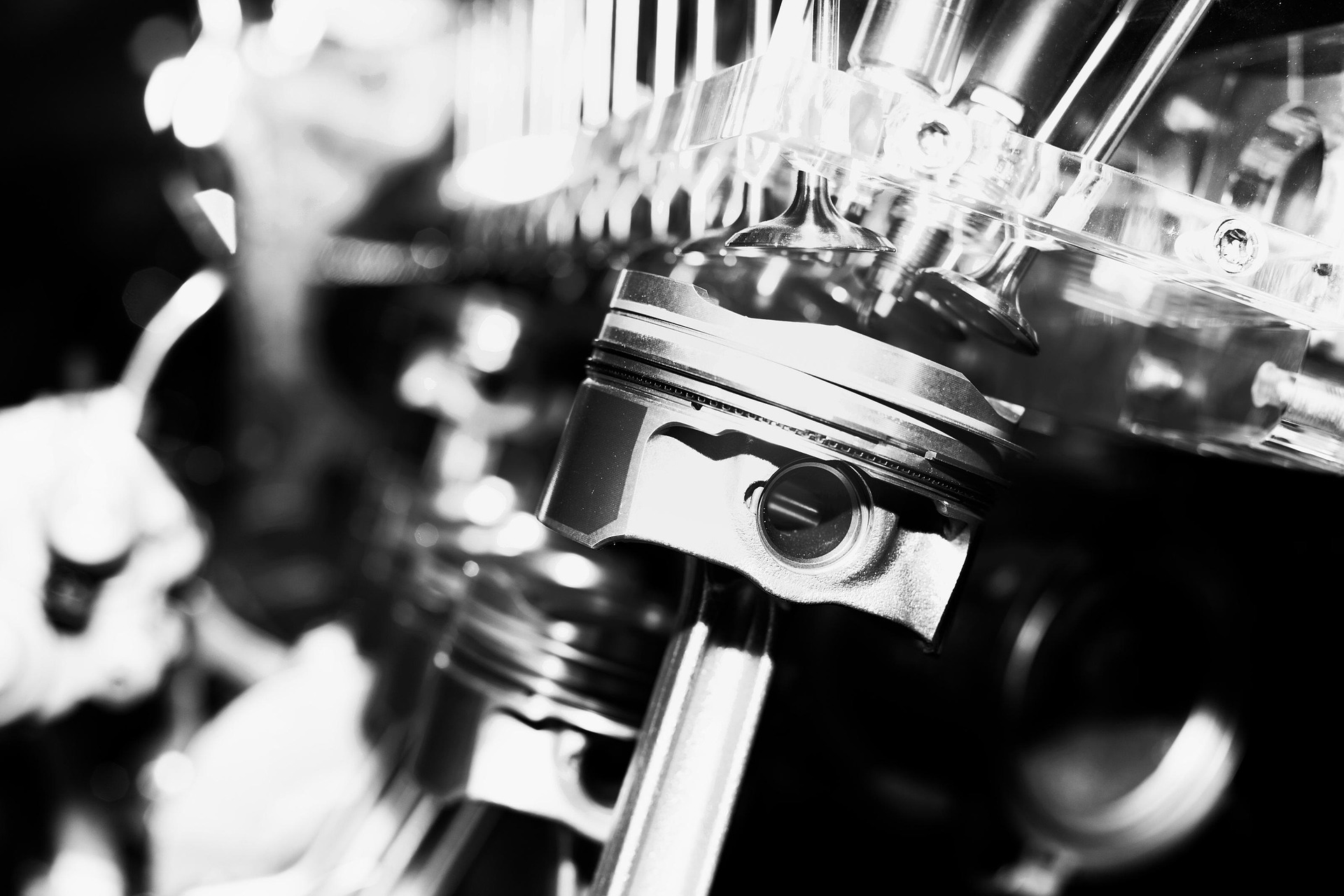Racing Ahead: The Intricate Art of Performance Tuning
Imagine you're behind the wheel of a performance-tuned car, its engine purring like a big cat, ready to pounce. The acceleration is breathtaking, the handling is razor-sharp, and the car responds to your every command. Welcome to the captivating world of performance tuning, a riveting domain where engineering and adrenaline coexist in a thrilling dance.

The Mechanics of Performance Tuning
Performance tuning is an art and science that allows vehicles to surpass their factory-set limitations, unleashing their full potential. It’s a specialized field that requires an intimate understanding of mechanics, electronics, and aerodynamics. The history of performance tuning dates back to the early days of automobiles, where tuners would manually adjust engine components for maximum output. Today, tuning has evolved into a complex process involving sophisticated software and precise calibration.
Current Trends in Performance Tuning
Modern tuners are harnessing advanced technologies like electronic control units (ECUs) and forced induction systems to achieve impressive results. The aftermarket tuning industry is booming, with drivers eager to customize their vehicles for optimized performance. However, while power gains are an obvious benefit, the process also comes with challenges. Tuning can compromise safety and longevity if not done correctly, and it may void a vehicle’s warranty.
Performance Tuning and Its Impact
Motor sports enthusiasts and car aficionados alike appreciate the thrill of a tuned car. Performance tuning extends beyond mere speed—it also enhances handling, braking, and fuel efficiency. It allows drivers to tailor their vehicles to their driving style, providing a much more personalized driving experience. However, the impact isn’t all positive. Over-tuning can lead to excessive wear and tear, and there are environmental implications to consider as well.
Tuning: A Blend of Science and Artistry
Performance tuning is a fascinating blend of engineering prowess and creative innovation. Tuners must strike a delicate balance, enhancing performance without compromising safety or reliability. It’s a task that requires deep technical knowledge, a keen eye for detail, and a love for the art of driving. Despite the challenges, the rewards—both in terms of performance gains and personal satisfaction—make it a pursuit worth exploring.
Conclusion
In the world of automotive engineering, performance tuning is a field that combines technical ingenuity with a passion for speed. It’s an intriguing domain, full of complexities and rewards. As technology continues to advance, the possibilities for tuning are likely to expand, offering exciting opportunities for those who dare to push the limits of mechanical possibility. The dance of engineering and adrenaline continues, and for the automotive enthusiast, the music is irresistible.




